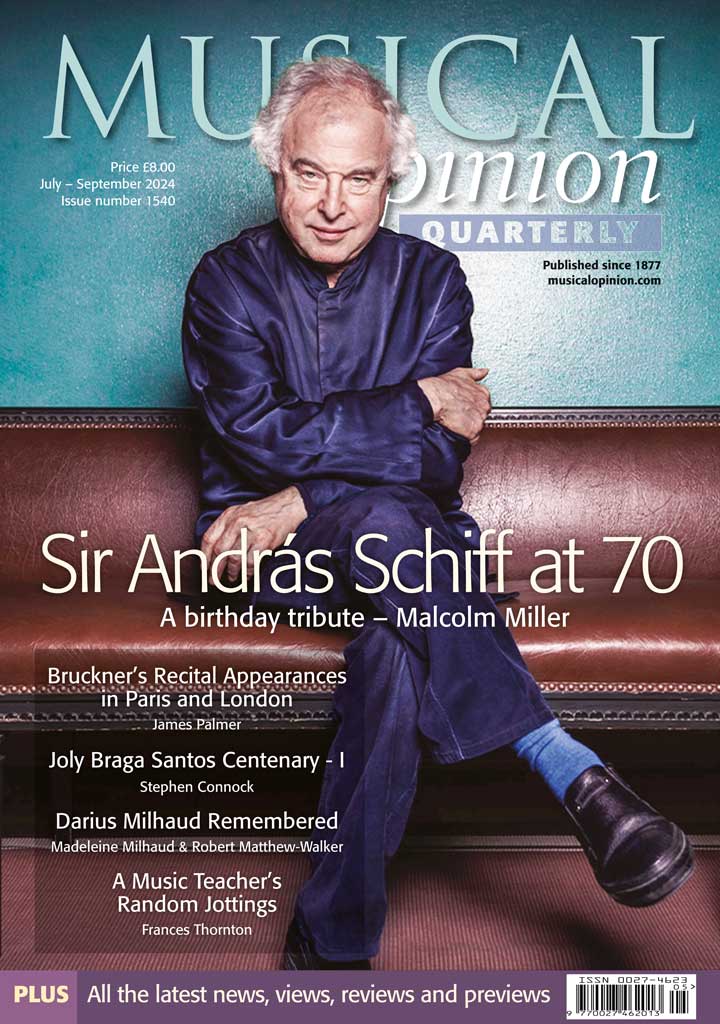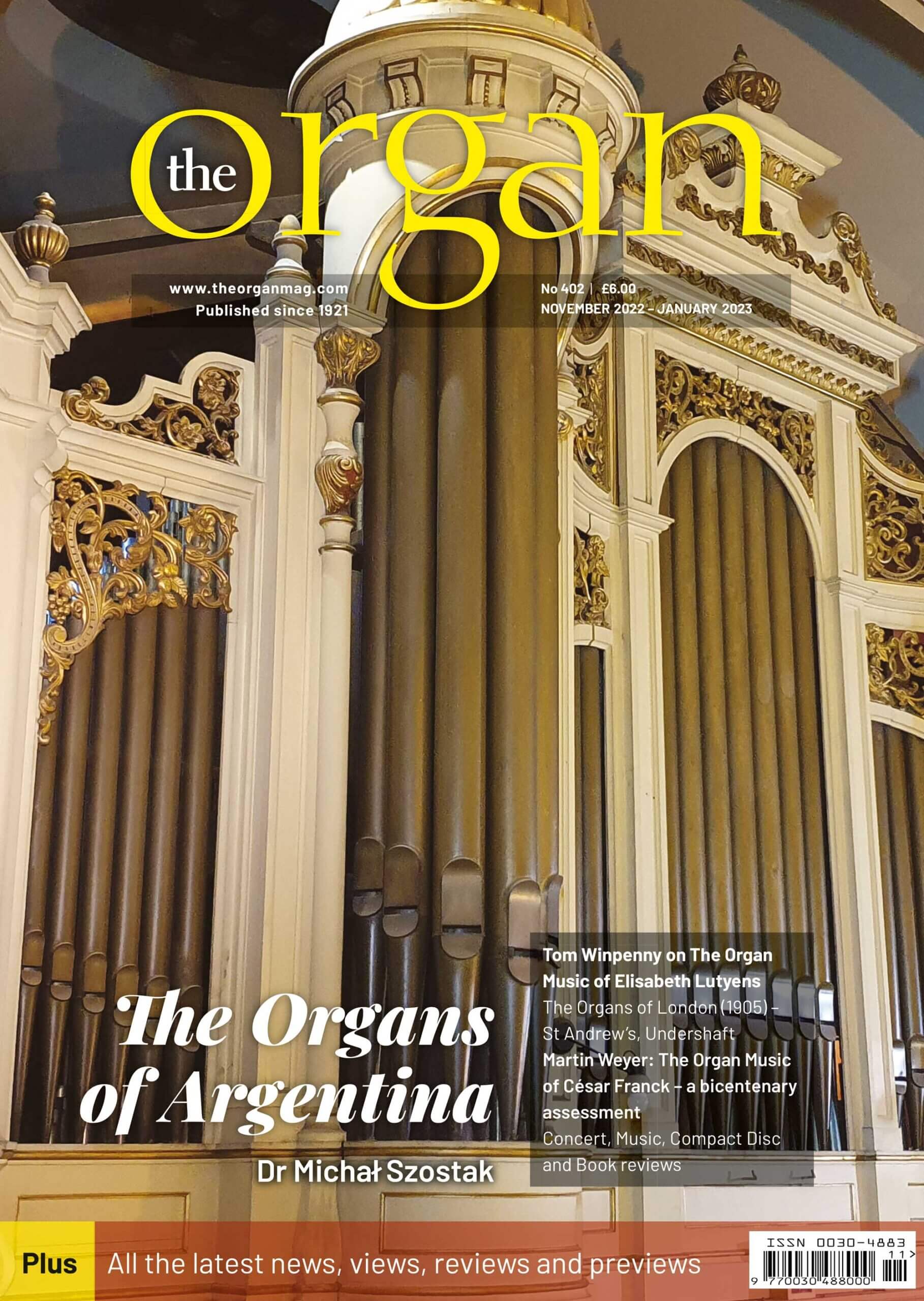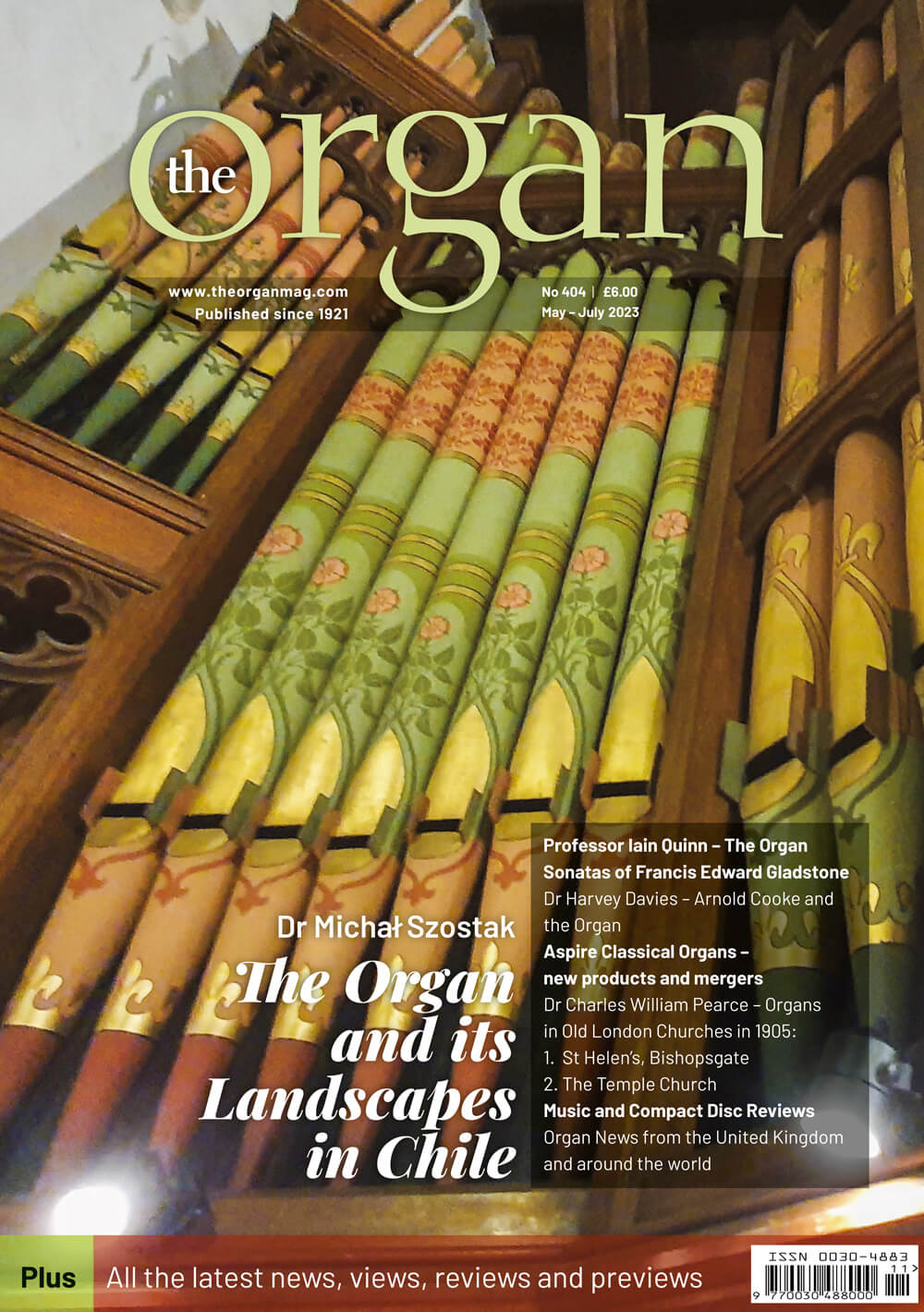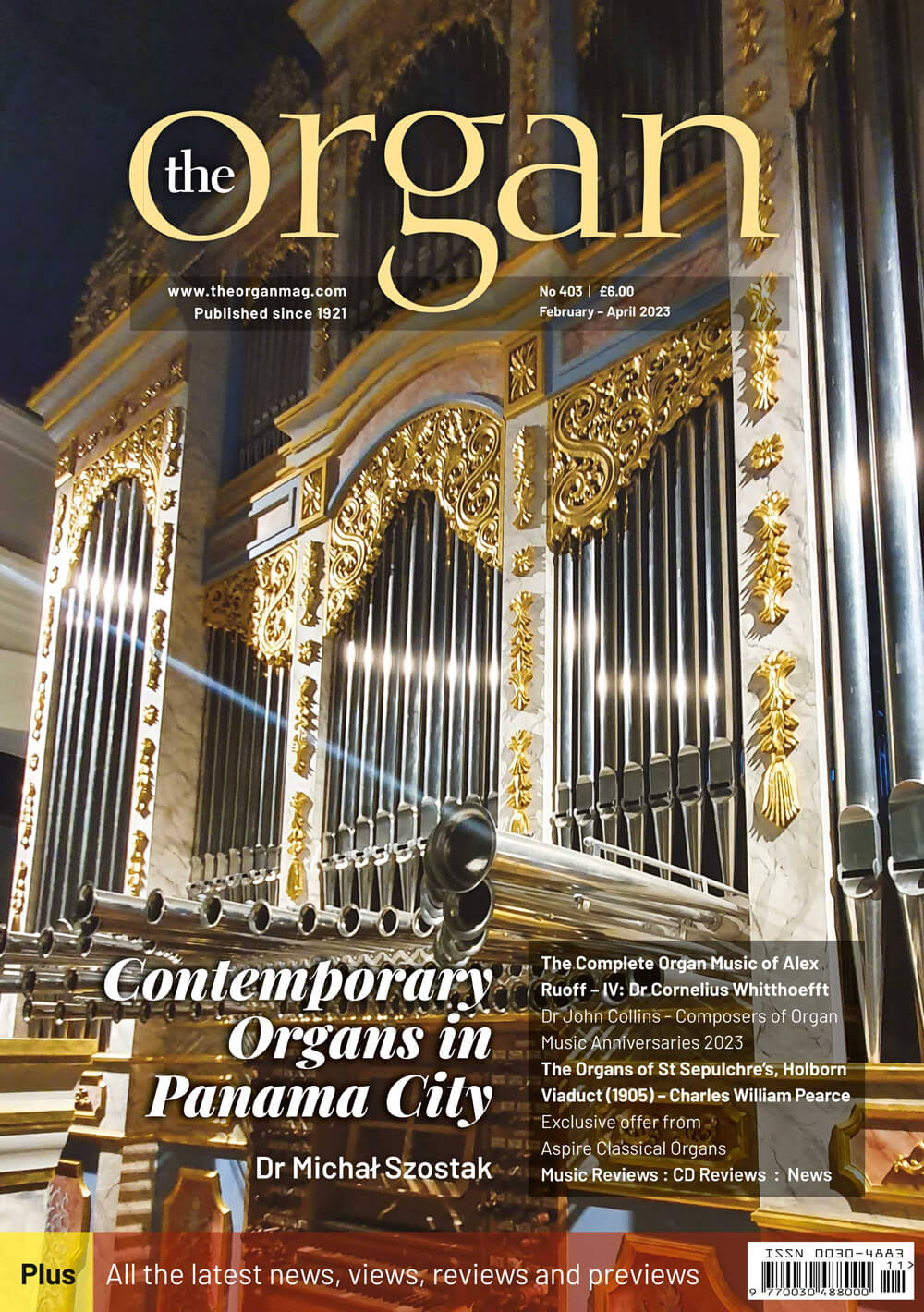

Current Issue
Reviews
Britten: Death in Venice
Marx in London!
Scottish Opera Glasgow – Jonathan Dove: Marx in London! This opera was first heard at the Stadttheater Bonn in 2018 in a staging by Jürgen R. Weber in commemoration of Marx’s 200th anniversary. Weber’s production is a satirical account of one day from Marx’s life in...
Berlin Staatsoper unter den Linden – Wagner: Tannhäuser
What happens when an opera house asks a ballet dancer and choreographer with her own dance company to produce an opera? There is a lot of ballet where normally there is not, and there is hardly any Personenregie. Tannhäuser has a place for ballet, normally given to...
The Ring Cycle in Sofia, Bulgaria
Parsifal Parsifal was the sixth Wagner opera to be produced at the Sofia Opera by Plamen Kartaloff in his mission to develop a Wagnerian tradition in Bulgaria. First staged in 2015, the preparation for the opera was assisted by Richard Trimborn. Kartaloff believes...
ENO – Rhinegold
Wotan may be a god, but he never strikes me as the brightest button in the box. His decision to give away Freia as payment to the giants for Valhalla, his castle in the sky, has clearly not been thought through. So too is the Arts Council’s decision to uproot English...
Bari – Teatro Petruzzelli: La Traviata
Is it possible the there is one Musical Opinion reader who has never seen La Traviata? And maybe is it also possible this reader has not formed an opinion about the central character before even seeing the opera? And maybe this reader also has a great degree of...
Opera North: Rigoletto
If you stroll around the ever-expanding Salford Quays complex these days, you will see a very different Media City to the one when the Lowry Theatre first opened more than 20 years ago. BBC and ITV studios, hotels, bars, restaurants, apartment blocks, trams and an...
New Recital Series at Leighton House from Lisa Peacock Concert Management
Lisa Peacock Concert Management Ltd announces the greatly anticipated appearance in London of Juan Pérez Floristán, Gold Medallist of the Arthur Rubinstein International Piano Master Competition 2021 in music by Chopin, Liszt, Wagner/Liszt and Beethoven on Saturday...
Presteigne Festival
The 2022 Presteigne Festival celebrated forty years of inspiring music-making in Radnorshire with a characteristically eclectic and carefully planned series of concerts taking place over six days in late August. Several exciting festival commissions and premieres...
Explore By Topic
Berlin Musikfest 2022

Gregor Tassie
Berlin’s Musikfest attracts some of the world’s finest musicians and is a fine addition to the opening week of the new concert season at the Philharmonie. The concert on August 25 introduced German audiences to the newly appointed Klaus Mäkelä as the Artistic Partner of the Concertgebouw Orchestra, and this programme – the first of five that Mäkelä will conduct this season with his new orchestra was performed just a week previously in Amsterdam.
Composed in 2002, Orion is Kaja Saariaho’s first orchestral piece, and takes the mythical god of Orion placing him in an interstellar universe of fantastic sounds and imagery. Orion, the mysterious and adventurous hunter of Greek mythology, was the mortal son of Neptune (Poseidon), the god of seas. After his death, Orion was placed by Zeus in the sky as a radiant constellation. He is, thus, at once an active (even hyper-active) human being and an immobile heavenly object, and Saariaho has fully exploited that contrast in the present work in three movements.
Orion started with the first movement, Memento Mori, on a pair of clarinets and oboes with a mysterious idea picked up by the flutes and violins while the xylophone and piano offered a sense of breathing then there came dissonance from harps and the brass with a babbling chatter on woodwind, organ and the entire orchestra. In the second movement, Winter Sky, we heard tubular bells and piccolo playing a rather wistful idea which was picked up by solo violin, clarinet and strings and then oboe and muted trumpet lending a gloomy idiom – yet there came a hint of expectation with calls on woodwind, trombones and long slides on the violins. This passage was rather slow-paced and then closed on a cello solo from Gregor Horsch. The third movement, Hunter, opened on the xylophone and the strings with a rhythmically exciting sequence rising to a huge climax, before an eery idiom heard on the two harps and percussion before dying away into silence.
The 26-year-old Finnish conductor Klaus Mäkelä is currently associated with orchestras in Oslo, Paris and now in Amsterdam. He is tall, has a stage presence, and is to be the Concertgebouw Orchestra’s chief conductor in 2027 – the eighth to hold such a title – his manner is clear and not exhibitionist, while his gestures are always precise and not excessive. It will be interesting to see his work progressing in coming seasons. If any orchestra is associated with Mahler – it is the Concertgebouw Orchestra whose great Music Director Willem Mengelberg proselytised this music when few conductors performed his symphonies, and in 1920 he was the first to inaugurate a Mahler Festival.
Mahler’s tragic Sixth symphony’s first movement, Allegro energico, ma non troppo opened on the strings with a great theme sounding both earth-shattering and arresting on trumpets, timpani, woodwind and brass. In the opening movement, the conductor’s tempos were slightly quicker than usual with clipped phrasing. Of the beautiful music making in this great movement, there was notably a gorgeous solo passage from the horn of Katy Wooley. Her virtuosity and artistry were matched by the violin of Liviu Prunaru and especially from the bass clarinet of Davide Lattuada in the sequence announcing Alma’s theme. On this evening, the Andante moderato correctly followed the first movement and was distinguished by more exquisite musicmaking in which the strings produced a quite beautiful yet equally affectionate and charming sequence assisted on the clarinets, cor anglais and again the delightful horn solo from Wooley, and the oboe of Alexei Ogrintchouk. This was heavenly music making – Mäkelä’s facial expressions were emotive and characterful when he cued the lonely, sad idea on the oboe.
The Scherzo: Wuchtig, began with a great passage of lively playing from strings and the woodwind – especially noteworthy was the piccolo of Vincent Cortvrint. The bitter irony of Mahler’s score was brought out by the trumpets and accentuated by solo passages from the contra bassoon and bass clarinet. The Finale: Sostenuto – Allegro moderato – Allegro energico, opened with a beautiful theme on the strings and interrupted by the timpani, while the tuba of Perry Hoogendijk hinted at a threatening menace. The Wagnerian idea on the bass clarinet by Lattuada was followed by magnificent string playing taken at the brisk tempo adopted by Mäkelä. As appropriate – the first blow from the hammer was suitably dull – while the second blow on the block was both exciting and dramatic before this great tragic work came to its culmination.
This was a great opening to the 2022 Musikfest – with audiences anticipating visits by the Cleveland Orchestra, Philadelphia Orchestra, the London Symphony Orchestra, Odessa and Rotterdam Philharmonics and the Orchestre Révolutionnaire et Romantique.
Kirill Petrenko has shown himself as one of the finest conductors today, and particularly in the great symphonic masterpieces of philosophical substance – his interpretations are always thoroughly researched intended to offer his own distinct interpretation. Last season, Petrenko gave a memorable reading of Mahler’s tragic Sixth Symphony here in Berlin, and hence this opening season performance with the city’s Philharmonic Orchestra was keenly awaited. The Seventh Symphony was first performed here in 1920, and between 1930 and 1957 there came a gap in its performances, however the symphony has been since championed under Abbado, Haitinck and more recently Simon Rattle who conducted it with the BPO at the BBC Proms.
Described by Mahler as a cheerful and even humorous work, the Seventh has been troubled by a lack of understanding by listeners. The opening Langsam – Allegro began on the double-basses and with a shadowy idea from the tenor horn of Stefan Dohr combined with the strings in an idea – appearing a little naïve – yet which becomes more momentous when heard on the violins and then on the glorious brass. Here one was impressed by the gorgeous melodious playing of the brass departments of the Philharmonic – as if evoking fanfares from the composer’s childhood. The heavenly theme heard on the trumpets and picked up on the harps led to a tremendous sequence before the first Nachtmusik movement.
In a shimmering intonation – as if in the half-light – we heard the tenor horn and then on the muted horns, with the theme assisted by the clarinets, and the bassoon leading to a spell-binding passage of playing invoking birdsong. The brief Scherzo, opened on the timpani and then the woodwind was attractive heard alongside a waltz from the strings, and enhanced by a solo passage from the bassoon of Daniel Damiano, followed by the solo violin of Hashimoto, and a fine passage from the solo tuba of Alexander von Puttkamer.
In the second Nachtmusik movement, we heard a charming sequence of woodwind playing and horn, then after a solo violin the idea passed to the mandolin played by Alexander Ivić and guitar by Matthew Hunter against the strings invoking a serenade from Don Giovanni, followed by notable fine play from the oboe of Jonathan Kelly, Emmanuel Pahud on flute and the clarinet of Andreas Ottensamer creating an idyllic idiom on harps in a passage of almost heavenly playing.
The Rondo-finale opened dramatically on the timpani and horns in a tremendously uplifting opening with grippingly stirring playing notably on the timpani and the brass, and nostalgically from the cow bells evoking the sound of cattle in the far off distance leading to a boundlessly fabulous culmination. This was an immensely exciting performance in which Kirill Petrenko showed all the elements of a great Mahlerian conductor.
Certainly this opening concert in the Berlin Philharmonic’s season augers well with future performances of Thomas Ades, Xenakis, Dallapiccola, Unsuk Chin, Vaughan Williams, Korngold, Pfitzner, Sarah Willis, Salonen, Lutoslawski, Hosokawa, Ligeti, Ginastera, Julia Wolfe, together with Mozart, Strauss, Tchaikovsky, and Wagner from their core repertoire which guarantees an intriguing concert season.
The programme at the Berlin Musikfest on September 1 by the Philadelphia Orchestra under Yannick Nezet-Sequin followed that given at the Edinburgh International Festival a week previously which was well received in particular the symphony by the neglected American composer Florence Price. Nezet-Sequin has proselytised the symphonies of Florence Price, and one hopes that other conductors will look at these works which have been shamefully ignored. One wonders how many other composer’s works await discovery as this symphony was only discovered when her home was being demolished a few years ago.
As they did in Edinburgh – Nezet-Sequin opened with Dvořák’s Carnival Overture with superb playing especially in the strings and this dynamic conductor was directing this as if his life depended on it! There were superb solos from the oboe and the flute principals, and we heard the graceful old folk theme in a passage of thrilling playing rarely witnessed in this piece often used as a ‘warming-up’ piece in concerts, but here performed as a little symphonic piece.
Attired in the colours of the Ukraine flag, the Georgian violinist Lisa Batiashvili joined the orchestra for Szymanowski’s most popular first violin concerto. I recall that some ten years ago the Edinburgh International Festival programmed all of this Polish composer’s symphonies and concertos – yet few of his works are heard in the concert hall.
The opening movement, Vivace assai, began on brightly from the violin of a flowing rhapsodic idea against lively woodwind of kaleidoscopic beauty with the tubular bells bringing more colour before a brisk theme on the Georgian’s violin played at an almost unbelievable fast tempo against chirpy woodwind and strings – here there was a beautiful, almost magical sequence of nature with woodwind evoking birdcalls.
In the second movement, Subito vivace assai scherzando, the orchestra revealed its rich orchestral palate of harmonious colour in a passionate passage plunging to a stilled quietness and again the bubbling woodwind and dynamic violin by Batiashvili playing at an almost breathless tempo against the harmonies of the horn and the celeste. In the Andantino, there was a passage of delicious playing on the violin, the clarinet leading to a rise in tempo with the horns and strings rising to an ecstatic frenzy before settling down to a stillness and in the Allegretto, a wistful elegy on the solo violin and an upbeat idea from the orchestra and in the Cadenza, Batiashvili displayed magical virtuosity leading to the grand orchestral culmination of this sensuous, dreamy masterpiece.
In Florence Price’s First symphony, the Allegro ma non troppo, began on the bassoon which was picked up by the strings of a striking theme from negro folk origins and taken up by the whole orchestra and underscored by the glorious solos from the flute, and oboe and clarinet. The principal horn introduced a gloriously romantic idea which picked up by the flute and oboe and sounded even more alluring on the strings, it was clear that Nezet-Sequin believes in this composer and brought out the optimum virtuosity from his players – especially in great playing from the solo trumpet and the viola, leading to a stirring brass chorale.
In the Largo maestoso, the brass and clarinet introduced an American folksy idea, which when heard on the strings assumed an almost funereal idiom – yet became increasingly noble and graceful – as from negro folk spirituals in a section of tenderly elegant string playing closing in a brass chorale and on tubular bells before concluding softly on the clarinet and cello. The third movement, Juba Dance was bright and colourful inflecting an irresistible jazz theme and passed gloriously through the different groups of the orchestra was yet too brief – but a sign of this composer’s outstanding musicality and orchestral invention.
The final movement, Allegro, opened on a bright tempo of an attractive folk theme and became increasingly energetic through the strings and wind groups bringing this fine symphony to a bright, uplifting culmination. As an encore to the enthusiastic audience, the orchestra played an arrangement of Florence Price’s ‘Adoration’ written for violin and piano in a fine orchestration which was succinct yet colourful in a passionate elegy before receding into stillness. The last encore of Brahms Hungarian Dance No. 21 brought to a glittering close this wonderful exhibition of virtuosity by Philadelphia’s superbly gifted orchestra.




